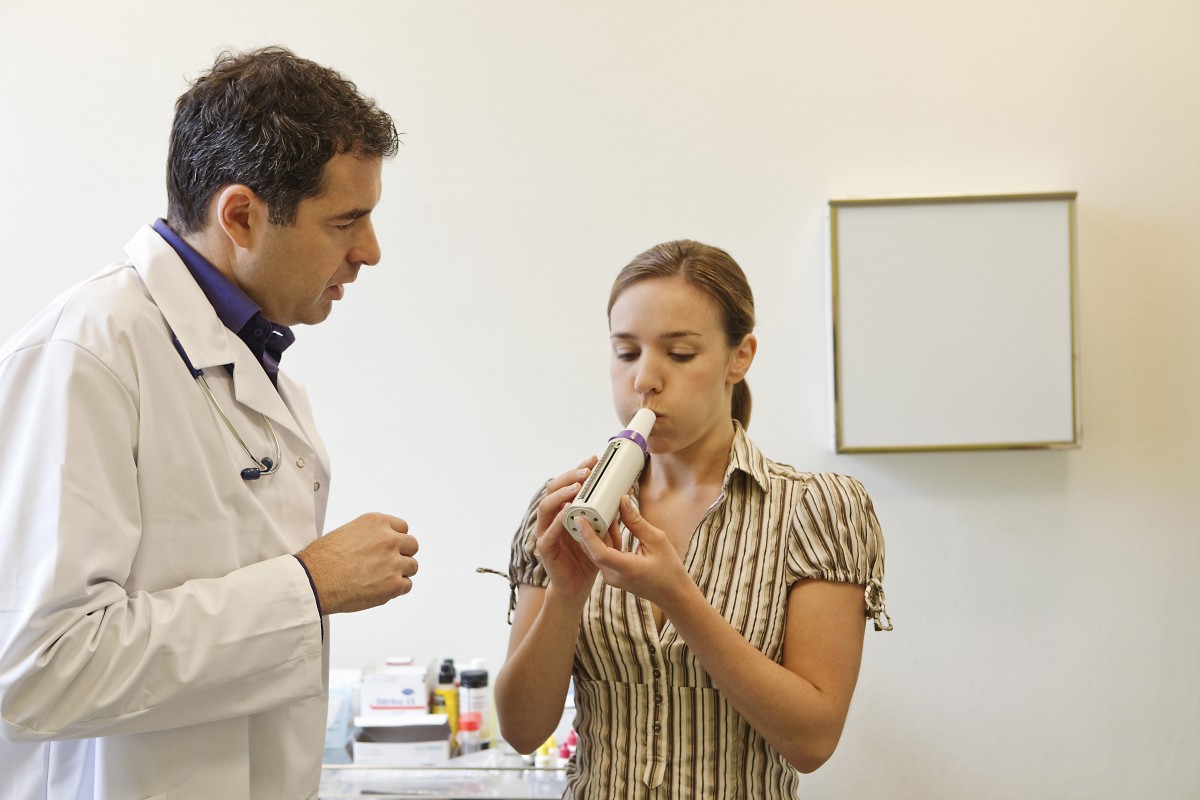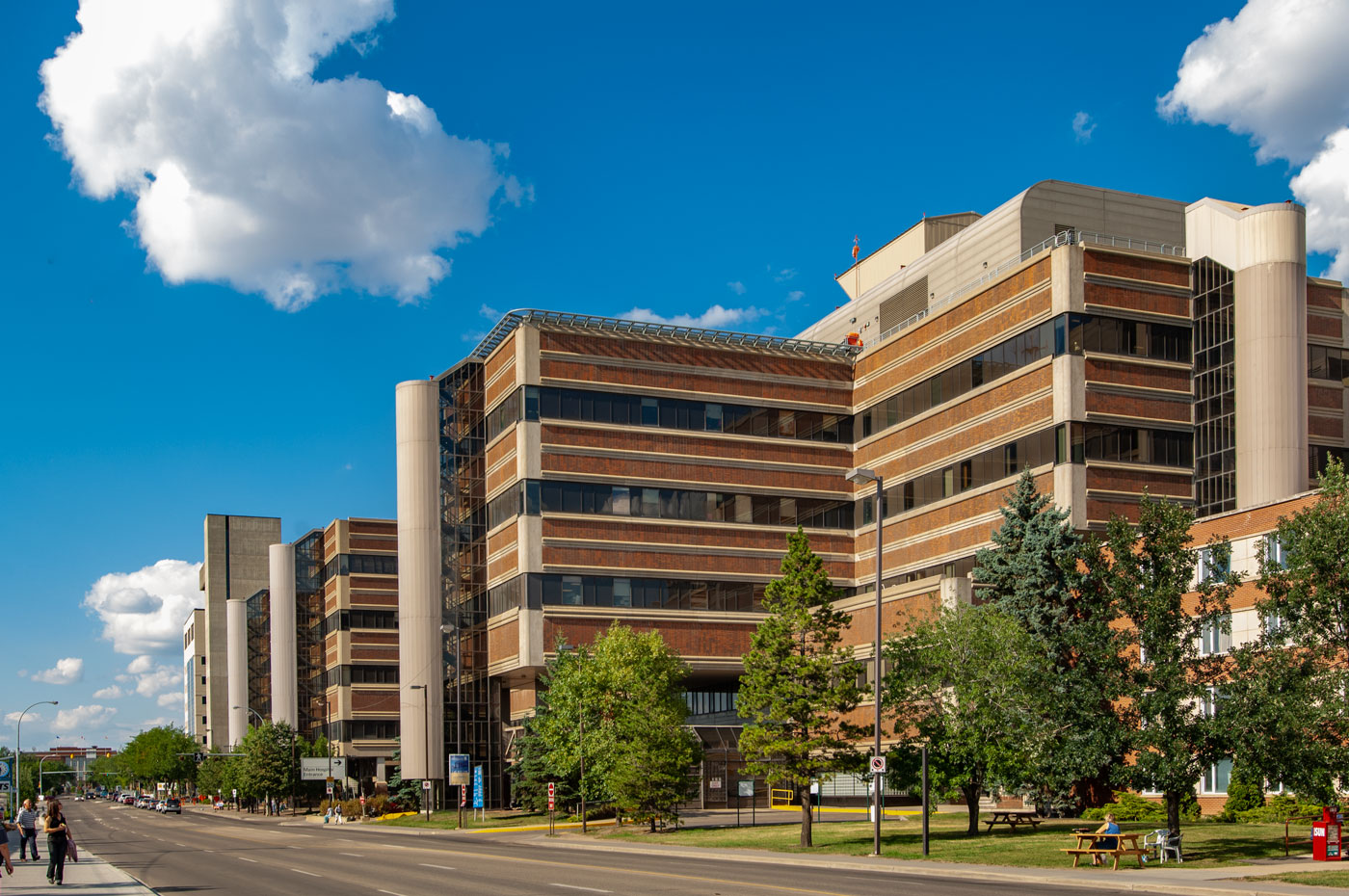
Adult Respirology
Welcome to the Respirology Residency Program at the University of Alberta.
Rotations
Multiple rotations providing learners with a well rounded education
scholarship
Each resident conducts a personal practice audit of one of the clinical activities in our pulmonary division
LEARNING
Our staff is dedicated to fostering a healthy learning environment
Interview/CaRMS Specific Information
Interview Dates: September 27, 2021 and September 28, 2021
- CV
- Electives in Respirology and relevant fields - (2021 stream - Electives will not be considered as a result of the COVID-19 pandemic and its effect on elective rotation scheduling)
- Scholarly activities (e.g. scientific publications, posters... etc)
- Reference letters
- Personal letter
- Interview
Internal Medicine residents who would like to experience our Respirology program first-hand can apply to do an elective with us. Respirology residents from other programs can also apply to do an elective with us in an area of special interest (e.g. lung transplantation).
To book an elective in Respirology at the University of Alberta, please contact Casandra Nero at mednresp@ualberta.ca.
If you are a resident applying from an outside University, please download the incoming elective form, and return completed, along with a letter from your Program Director, to Casandra Nero at mednresp@ualberta.ca.
Contact Us
Respirology Residency Training Program
Department of Medicine, University of Alberta
13-135 CSB, 11350 - 83 Avenue
Edmonton, AB, Canada T6G 2G3
Dr. Carol Chung
Program Director, Respirology Residency Program
wailanca@ualberta.ca
Casandra Nero
Medical Education Program Coordinator
mednresp@ualberta.ca
Dr. Carol Chung
Program Director
Welcome to Our Program
At the University of Alberta, we offer a two-year comprehensive training program in Adult Respirology. Our primary mission is to train and support residents to fulfil all requirements for the Royal College subspecialty certification in Adult Respirology. Among the number of areas residents interact within Respirology include inpatient ward and consult services, lung transplant, cystic fibrosis, sleep medicine, pulmonary function testing, ambulatory clinics, and research. Our goal is to train excellent clinicians who, if they wish, can also establish themselves as leaders in education, research, or administration.
Our Program
This residency program is for 2 years. Program length of training does not exceed the Royal College or College of Family Physicians of Canada standard.
Our goal is to train excellent clinicians who, if they wish, can also establish themselves as leaders in education, research, or administration.

Residency at a Glance
During the two year residency program, our subspecialty residents do the following rotations (total of 26 blocks):
- General Respirology - 8 blocks (at the University or Royal Alexandra Hospitals)
- Bronchoscopy service - 5 blocks (2 blocks are combined with the General Respirology rotations while 3 blocks are stand alone rotations. Our fellows complete over 200 bronchoscopies during their training)
- Sleep Medicine - 2 blocks (exclusively an outpatient rotation with time also spent in the sleep lab)
- Critical Care - 2 blocks (at either the University of Alberta Hospital or the Royal Alexandra Hospital)
- Pulmonary Function Lab/Pulmonary Rehab - 2 blocks
- TB medicine - 1 block (almost exclusively an outpatient rotation, with 0 to 3 inpatients and consultations on inpatients admitted to other services)
- Interventional Pulmonary medicine - 1 block (at the Royal Alexandra Hospital)
- Lung Oncology - 1 block (exclusively an outpatient rotation)
- Lung Transplantation - 1 block (a mix of outpatient and inpatient experience)
- Specialized Clinics - 2 blocks (exclusively an outpatient rotation with clinics in interstitial lung disease, hereditary telangiectasia, cystic fibrosis, asthma, COPD, occupational lung disease, and allergy. Our fellows also have options of doing some home visits on patients with severe, functionally limiting (usually neuromuscular) end stage lung disease)
- Electives - 4 blocks (can be done anywhere and in anything related to Respirology for future career needs)
- Longitudinal clinic (residents are paired with a preceptor and, approximately one half day per week no matter which rotation they are on, assess, manage, and follow their “own” patients with this preceptor.)
We schedule lighter rotations before and during the Internal medicine exams. There is 1 in 4 home call during all rotations except during out of town electives and the critical care rotation (where the latter consists of 1 in 4 in-house call).
- Weekly academic half day
- a 1 hour seminar covering all of the CanMEDS roles (both Medical Expert and Intrinsic roles), plus,
- a 1 hour “skill development seminar”, where residents are put on the “hot seat” and interpret chest X-rays, chest CT’s, cardiopulmonary exercise tests, cytology slides, polysomnograms, or interesting cases, plus,
- 45 minutes of independent study to work on scholarly projects.
- MED 501 (Graduate Pulmonary Physiology course) – PGY 4 respirology subspecialty residents audit a graduate level course on pulmonary physiology, held from September to December each year. Topics include static lung & chest wall mechanics, alveolar ventilation & dead space, airway mechanics, work of breathing, pulmonary circulation, ventilation distribution & alveolar air equation, arterial vs. alveolar PO2 & shunt, O2 transport & tissue hypoxia, control of breathing, assessing airway function, measuring lung volumes & diffusion, interpreting PFT's, and cardiopulmonary exercise testing.
- Specialty rounds - the lung transplant, ILD, TB, and lung oncology rotations each have their own educational rounds which the residents attend during those respective rotations
- Monthly Journal club
In addition to evaluating competence, assessment stimulates learning. With this philosophy, we use the following formal assessment tools:
- written exams every 6 weeks
- OSCE exams every 6 weeks
In the spirit of quality improvement of clinical care, each resident conducts a personal practice audit of one of the clinical activities in our Pulmonary division. This project is then assessed and graded, and the results are fed back to the faculty. Residents benefit by learning how to systematically review clinical practice for their own future needs, and faculty benefit by having their clinical practice improved. In addition, all residents are strongly encouraged to develop another scholarly project, such as research, systematic review, case report, poster presentation, etc. There is funding for memberships to the American College of Chest Physicians and Canadian Thoracic Society, as well as for conference
- Weekly Tri-service radiology, pathology, respirology rounds where clinical cases are discussed, obtaining input from the 3 specialties.
Teaching Hospitals
We are a fully accredited program that follows the guidelines set out by the Royal College of Physicians and Surgeons of Canada.
